#jr東
Explore tagged Tumblr posts
Text
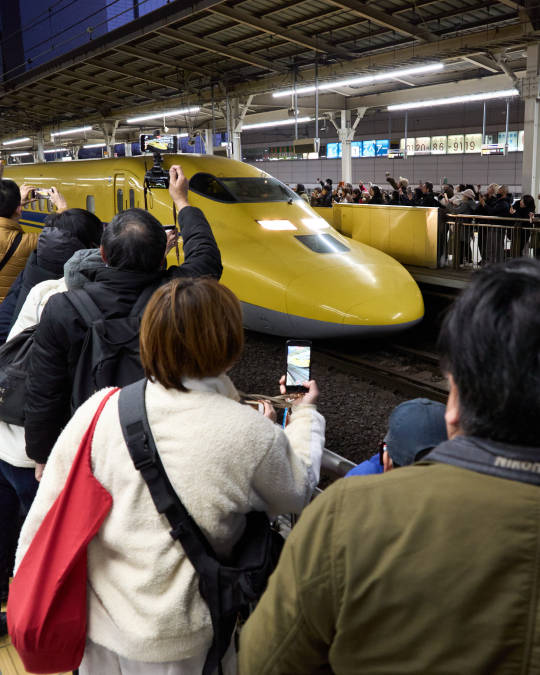
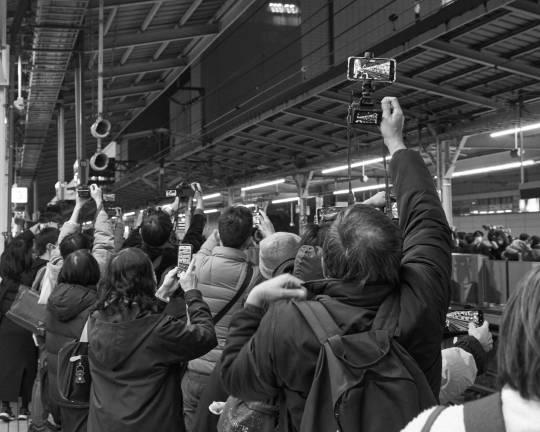
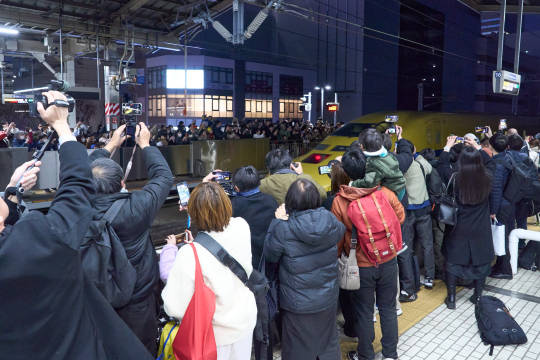
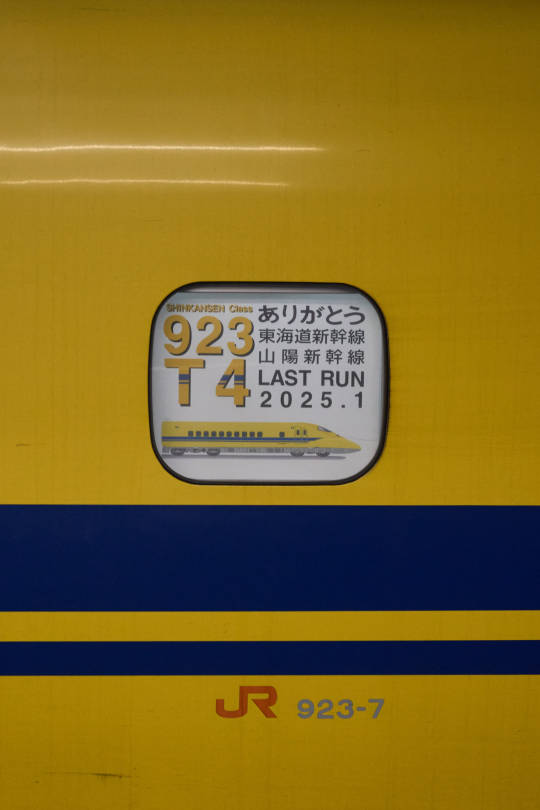
No.471 Yokohama 4 views
The moment of parting with the yellow Shinkansen T4 train
An inspection Shikansen “Doctor Yellow” in Yokohama city
The Shinkansen "Doctor Yellow" has two trains. Of these, Doctor Yellow T4 train is scheduled to be retired after its final job in January 2025. Although the train only stopped for a short time, many people were taiking photos.
Archive;series 8 views No.460~
No.471 横浜四景
別れは一瞬 - 東海道新幹線 ドクターイエロー
アーカイブ:八景シリーズ No.460~
#japan#tokyo#tokio#yokohama#shinyokohama#shinkansen#doctor yellow#train#tokaido shinkansen#series 8 views#横浜#港北区#新横浜#JR東海#東海道新幹線#ドクターイエロー#923形#鉄道#八景シリーズ
229 notes
·
View notes
Text
60 Years of the Tokaido Shinkansen!
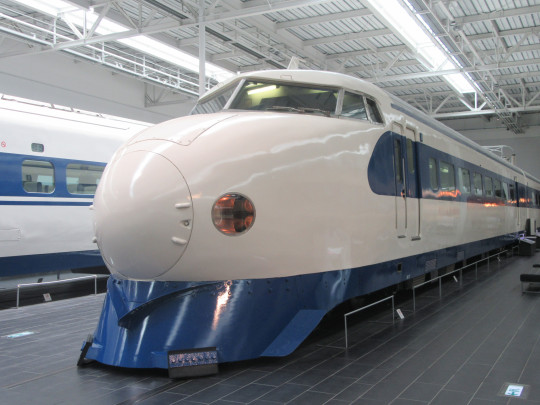
On 1 October 1964, a railway line like no other opened. Connecting Tôkyô and Ôsaka, paralleling an existing main line, the Tôkaidô New Trunk Line had minimal curves, lots of bridges, zero level crossings. Striking white and blue electric multiple units, with noses shaped like bullets some would say, started zooming between the two cities as at the unheard-of speed of 210 km/h.
This was the start of the Shinkansen, inaugurating the age of high-speed rail.
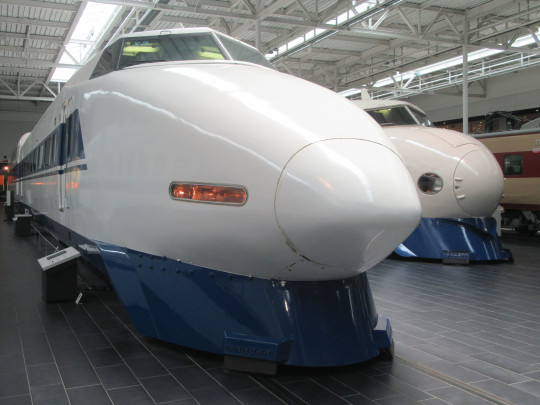
The trains, with noses actually inspired by the aircraft of the time, originally didn't have a name, they were just "Shinkansen trains", as they couldn't mingle with other types anyway due to the difference in gauge between the Shinkansen (standard gauge, 1435 mm between rails) and the rest of the network (3'6" gauge, or 1067 mm between rails). The class would officially become the "0 Series" when new trains appeared in the 1980s, first the very similar 200 Series for the second new line, the Tôhoku Shinkansen, then the jet-age 100 Series. Yes, the 200 came first, as it was decided that trains heading North-East from Tôkyô would be given even first numbers, and trains heading West would have odd first numbers (0 is even, but never mind).
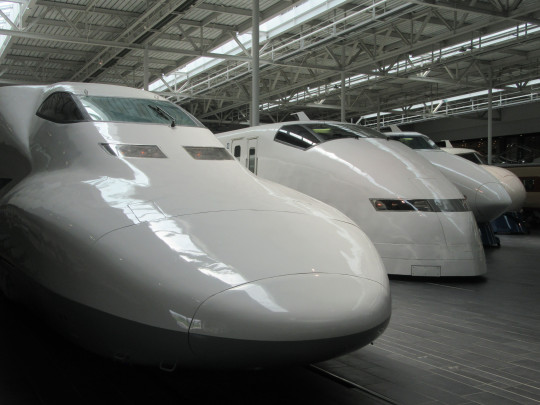
Hence the next new type to appear on the Tôkaidô Shinkansen was the 300 Series (second from left), designed by the privatised JR Tôkai to overcome some shortcomings of the line. Indeed, the curves on the Tôkaidô were still too pronounced to allow speeds to be increased, while all other new lines had been built ready for 300 km/h operations. But a revolution in train design allowed speeds to be raised from 220 km/h in the 80s to 285 km/h today, with lightweight construction (on the 300), active suspension (introduced on the 700 Series, left) and slight tilting (standard on the current N700 types).
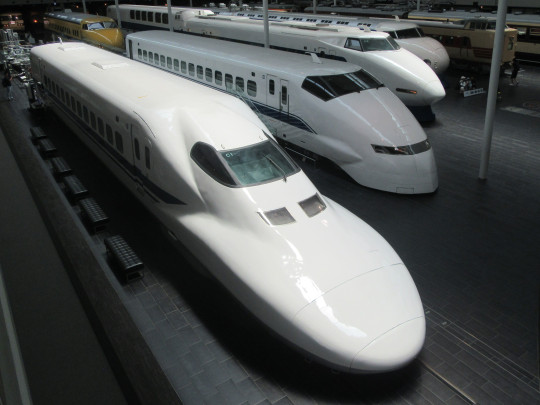
Examples of five generations of train used on the Tôkaidô Shinkansen are preserved at JR Tôkai's museum, the SCMaglev & Railway Park, in Nagoya, with the N700 prototype lead car outdoors. It's striking to see how far high-speed train technology has come in Japan in 60 years. The network itself covers the country almost end-to-end, with a nearly continuous line from Kyûshû to Hokkaidô along the Pacific coast (no through trains at Tôkyô), and four branch lines inland and to the North coast, one of which recently got extended.
東海道新幹線、お誕生日おめでおう!
#Japan#Shinkansen#Tokaido Shinkansen#0 Series#60th Anniversary#100 Series#300 Series#700 Series#JR Tokai#I'm posting this just after midnight Japanese time#oh well#late to the party#新幹線#東海道新幹線#0系#JR東海#Nagoya#SCMaglev & Railway Park#train#2023-07
98 notes
·
View notes
Photo
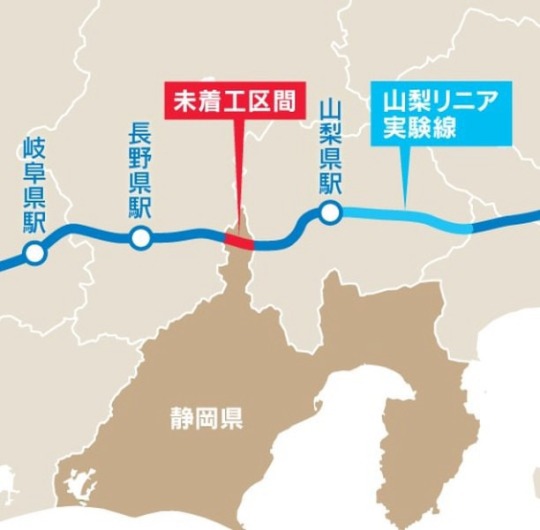
このリニアモーターカーが静岡県を通る僅かな区間を静岡県川勝知事が反対したので、工期が大幅に遅れて、2027年開業予定が2034年以降になりました😭
125 notes
·
View notes
Text










2024.4.4~8 三重 三岐鉄道 JR富田駅
西武カラーの元西武701系と今後活躍する元国鉄211系
55 notes
·
View notes
Text

只見線 キハ40系 第一只見川橋梁 会津宮下駅~桧原駅
13 notes
·
View notes
Text

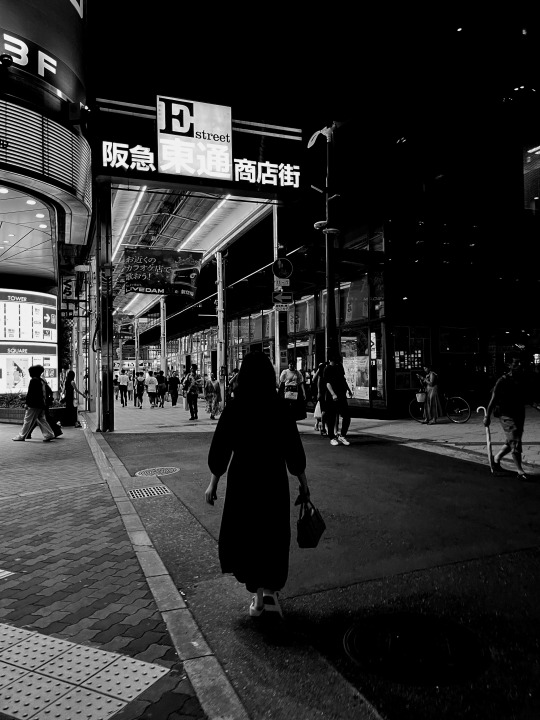

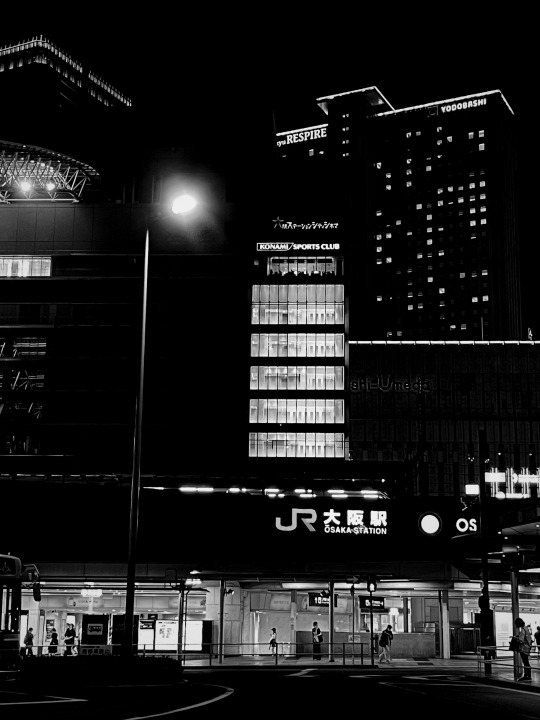
梅田徘徊
ラーメン屋さんでチャーハンだけ注文してもいいのかなと思う今日このごろです…。
123 notes
·
View notes
Text





JR東海 X'MAS EXPRESS CMs
#jr tokai#xmas express#japanese cm#japanese commercials#christmas#japan#vintage#retro#city pop#tatsuro yamashita#JR東海#japanese christmas#クリスマス・イブ#山下達郎#80s#1980s japan#90s#1990s japan#merry christmas
59 notes
·
View notes
Text

I'm crying it doesn't even make sense rn but AHSHAUWISIQ 😭😭😭😭
Working art requests I've been sent!!! this one is for @revermbed from way back, full comic coming soonish ❤️
#touhou#touhou project#touhou fanart#東方project#aya shameimaru#momiji jr#they did not have a dog child together aya just named the cutie after the other cutie#although im open to interpretations
86 notes
·
View notes
Text






Fix-It Felix in Sapporo and in Tokyo
#edit#wreck-it ralph#wreck it ralph#disney#felix#fix it felix jr#fix-it felix#fix it felix#fix-it felix jr#japan#sapporo#tokyo#シュガーラッシュ#日本#札幌#東京#ディズニー#フェリックス#フィックスイットフェリックスジュニア#フィックスイットフェリックス
16 notes
·
View notes
Text




No.470 Tokyo 4 views
The yellow shinkansen bring happiness
An inspection Shikansen "Doctor Yellow" in Tokyo more
*The yellow Shinkansen is an inspection Shinkansen that is nicknamed "Doctor Yellow." It's a rare Shinkansen so you'd be happy if you could see it. It's planed to retire in the near future.
Archive;series 8 views No.460~
No.470 東京四景
幸せの新幹線 - 東海道新幹線 ドクターイエロー
アーカイブ:八景シリーズ No.460~
#japan#tokyo#tokio#yokohama#Shinagawa#Shinyokohama#shinkansen#tokaido shinkansen#doctor yellow#series 8 views#東京#田町#品川#西大井#武蔵小杉#港北区#横浜#新横浜#JR東海#東海道新幹線#ドクターイエロー#923形#鉄道#新幹線#八景シリーズ
68 notes
·
View notes
Text



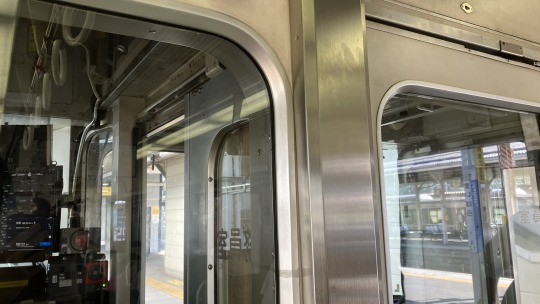

[ 31/7 - Tokyo Travel vol.1 ] 5時半起きの一人旅
The ever-trusty Seishun 18 Ticket, a free ride ticket for all JR lines, was rumoured to be nerfed (and it actually did starting this autumn), so for the possibly last time, I decided to travel all the way from Kobe to Tokyo via local JR lines. From my home station, I travelled to Kobe and then transferred to JR where I went all the way through Osaka and Kyoto to Maibara. From here is the Tokaido line operated by JR Tokai. It was surprising to see tablet stands within the cab which comes with location services for accurate stopping at stations. Train replacements have recently progressed rapidly in this region. The 311 series era may come to an end soon.
< 22/12 IG >
#railway#railway photography#jr#jr tokai#blog#travel#travel blog#traveling#jr東海#鉄道#鉄道写真#旅行#名古屋#nagoya#japan photos#japan travel
5 notes
·
View notes
Text

2024年を生きてる人達、ガルクラを観るべし
7 notes
·
View notes
Text
Happy 60th Anniversary of Shinkansen
Happy 60th anniversary of Shinkansen (1 October 1964 - 1 October 2024).
How many feelings has the Shinkansen carried to this day?
Media Source: https://youtu.be/-B2zDIelS1E
#shinkansen#新幹線#しんかんせん#shinkansen train#shinkansen bullet train#shinkansen japan#bullet train#bullet trains#japanese shinkansen#japanese train#japanese trains#japanese bullet train#japanese bullet trains#jr tokai#jr central#central japan railway company#東海旅客鉄道#jr東海#日本#日本の電車#japan#japan technology#japanese technology#japan tech#japanese tech#60th anniversary#shinkansen anniversary#train#trains
3 notes
·
View notes
Text

リゾートやまどり号 上越線 渋川駅~敷島駅
11 notes
·
View notes


